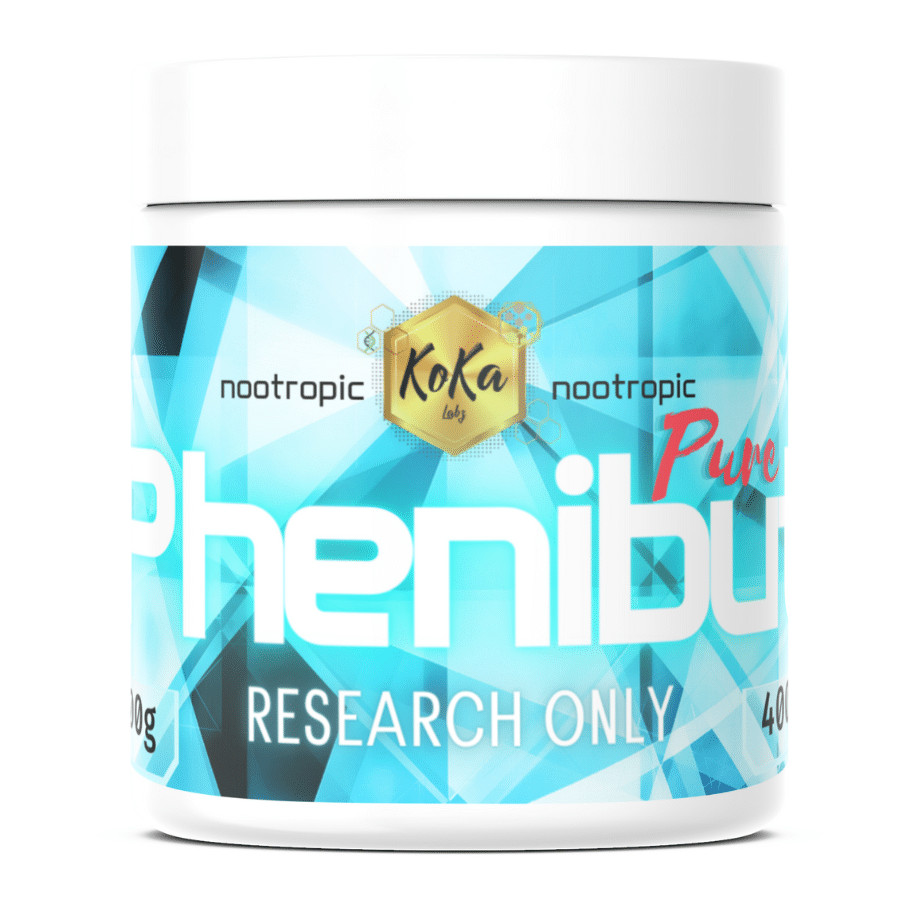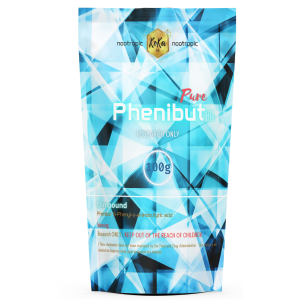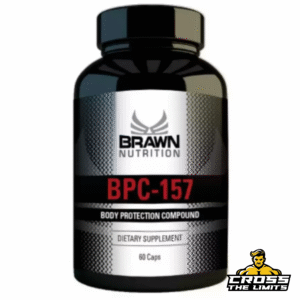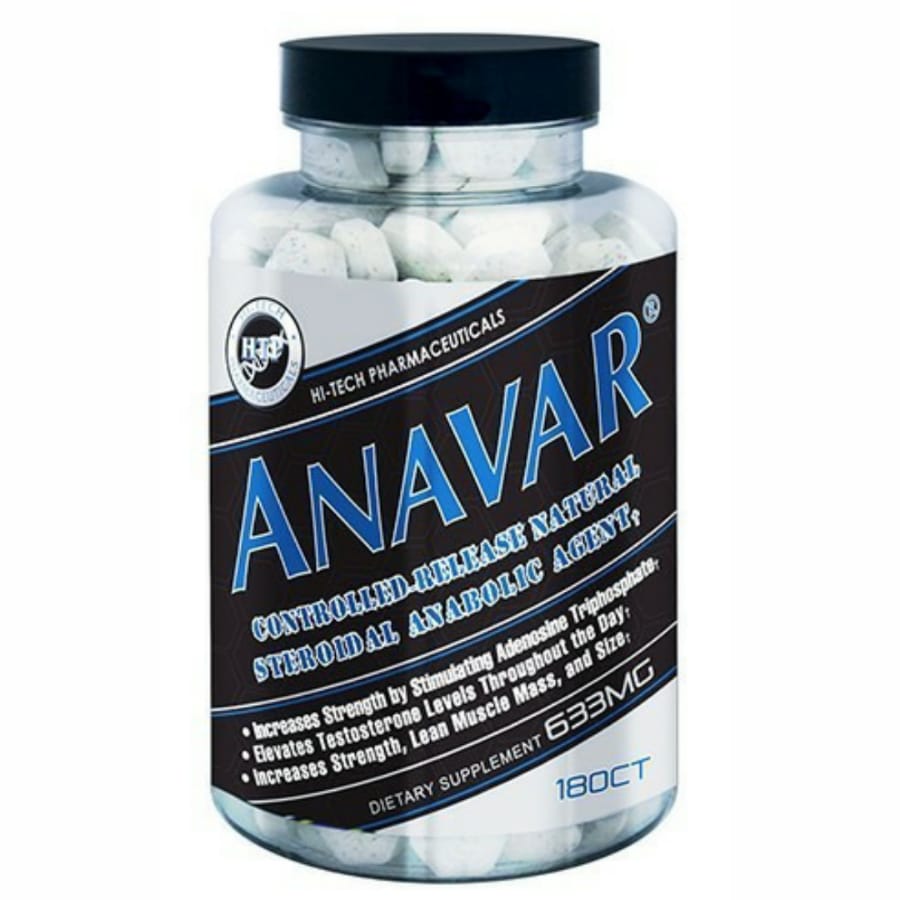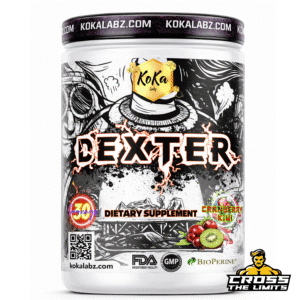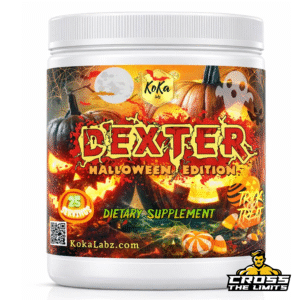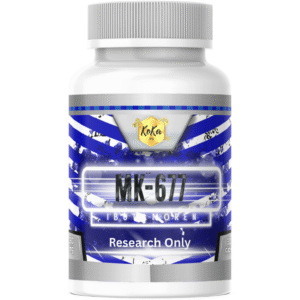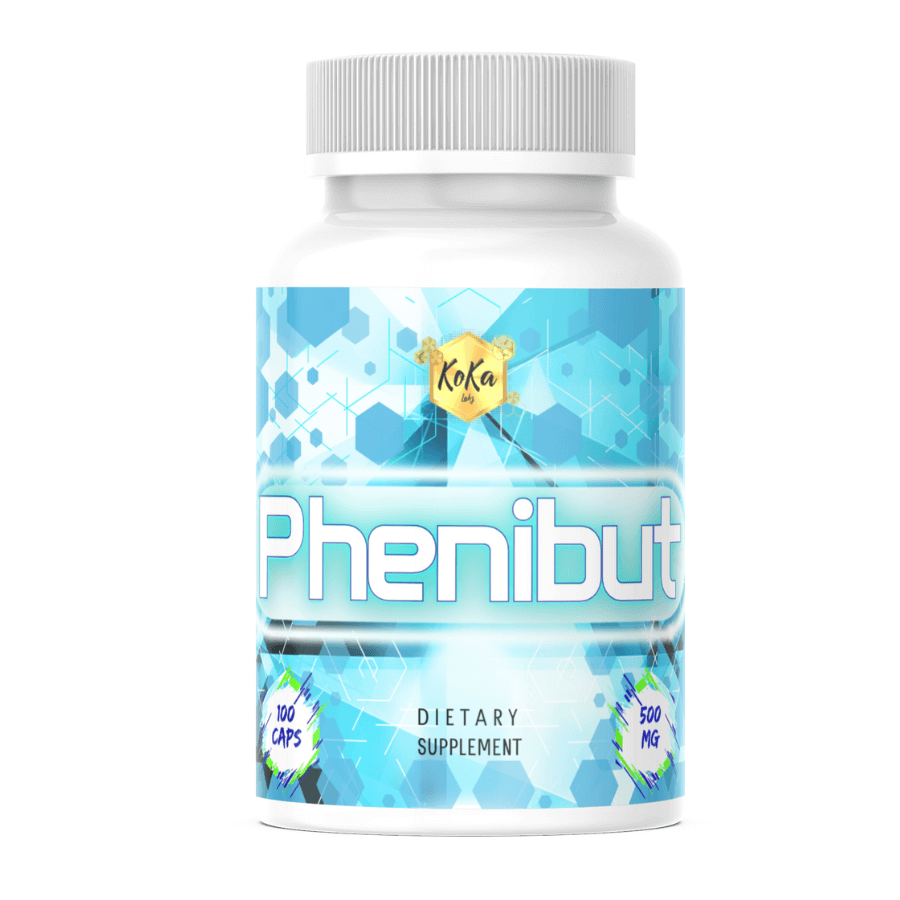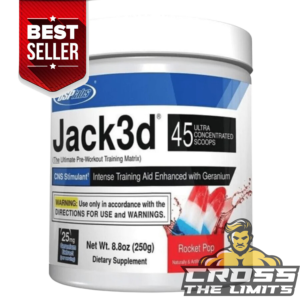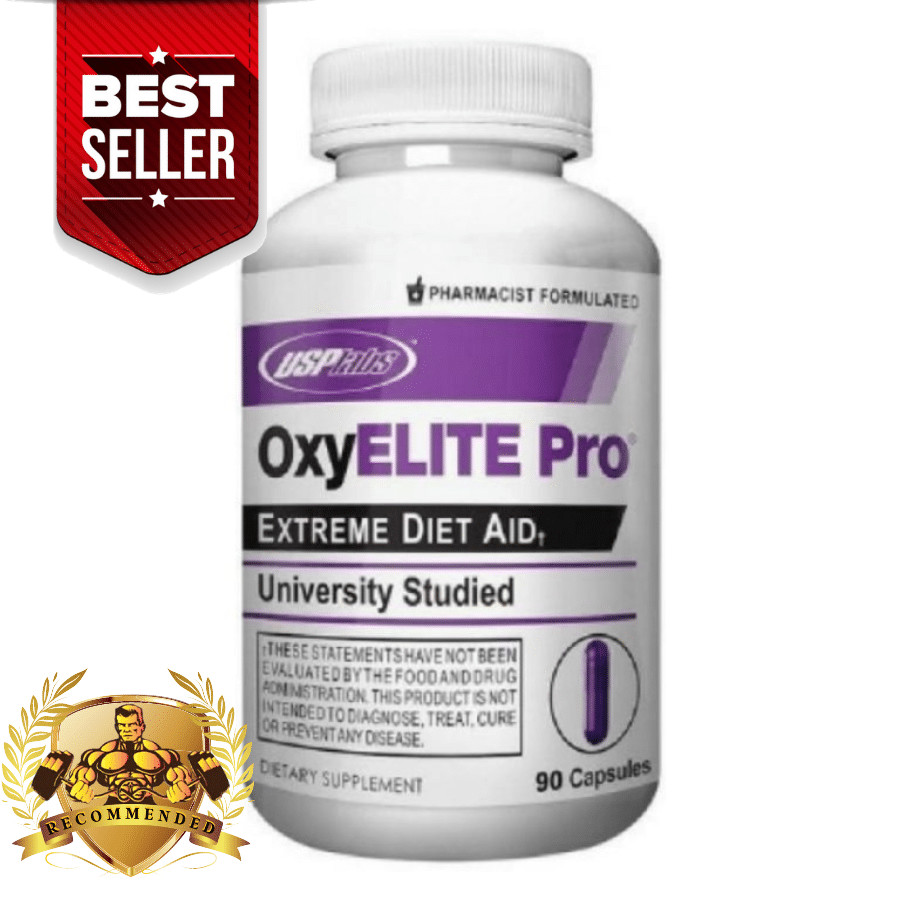Vitamins have a significant impact on human immunity. This is why they should be taken with food or in the form of food supplements. What are the best vitamins for the immune system? Which ones are worth taking?
Vitamin C
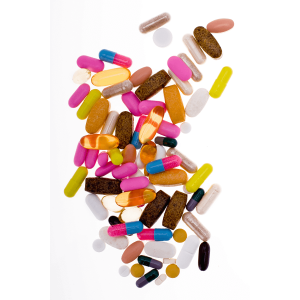 When it comes to vitamins for immunity, vitamin C is the leader among them. It is also known as ascorbic acid. It is a potent antioxidant whose task is to protect the epithelial barrier. Thanks to it, pathogens have limited access to the body. Vitamin C also protects against environmental oxidative stress. It also plays a vital role in producing reactive oxygen species, which help fight germs. This vitamin is also needed in the removal of already used neutrophils from sites of infection. Thus, it significantly speeds up healing.
When it comes to vitamins for immunity, vitamin C is the leader among them. It is also known as ascorbic acid. It is a potent antioxidant whose task is to protect the epithelial barrier. Thanks to it, pathogens have limited access to the body. Vitamin C also protects against environmental oxidative stress. It also plays a vital role in producing reactive oxygen species, which help fight germs. This vitamin is also needed in the removal of already used neutrophils from sites of infection. Thus, it significantly speeds up healing.
It is also known that ascorbic acid affects lymphocytes, but here its role is still not entirely clear. In addition, vitamin C is involved in the production of white blood cells and increases iron absorption. If you want to know which vitamins for the immune system are worth taking, you should think about this vitamin in the first place. This vitamin is not produced by the body but only taken with food and supplements. It has been proven that taking 100 to 200 mg of vitamin C daily can reduce the risk of bacterial and viral infections, reduce inflammation, and speed up its healing. However, we must not forget that even vitamin C can overdose. Its excess is excreted in the urine and can cause short-term diarrhea.
Vitamin D
This vitamin is usually associated with solid bones and supplementation during the period of intense skeletal development. Vitamin D is sometimes called the elixir of life or the sunshine vitamin. This is due to the fact that sunlight stimulates its synthesis in the body. However, it is worth remembering that vitamin D deficiency may increase susceptibility to infections. Therefore, its consumption was also recommended during the coronavirus pandemic. It has been proven that deficits of this vitamin can lead to ailments and even increase the incidence of diseases such as influenza, tuberculosis, autoimmune diseases, neurodegenerative disorders, cancer, cardiovascular diseases, and mental illnesses. The effects of a deficiency of this vitamin are a feeling of weakness, rapid fatigue, and a definite decrease in immunity.
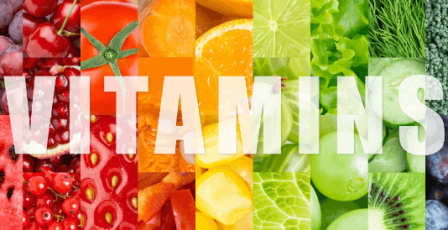

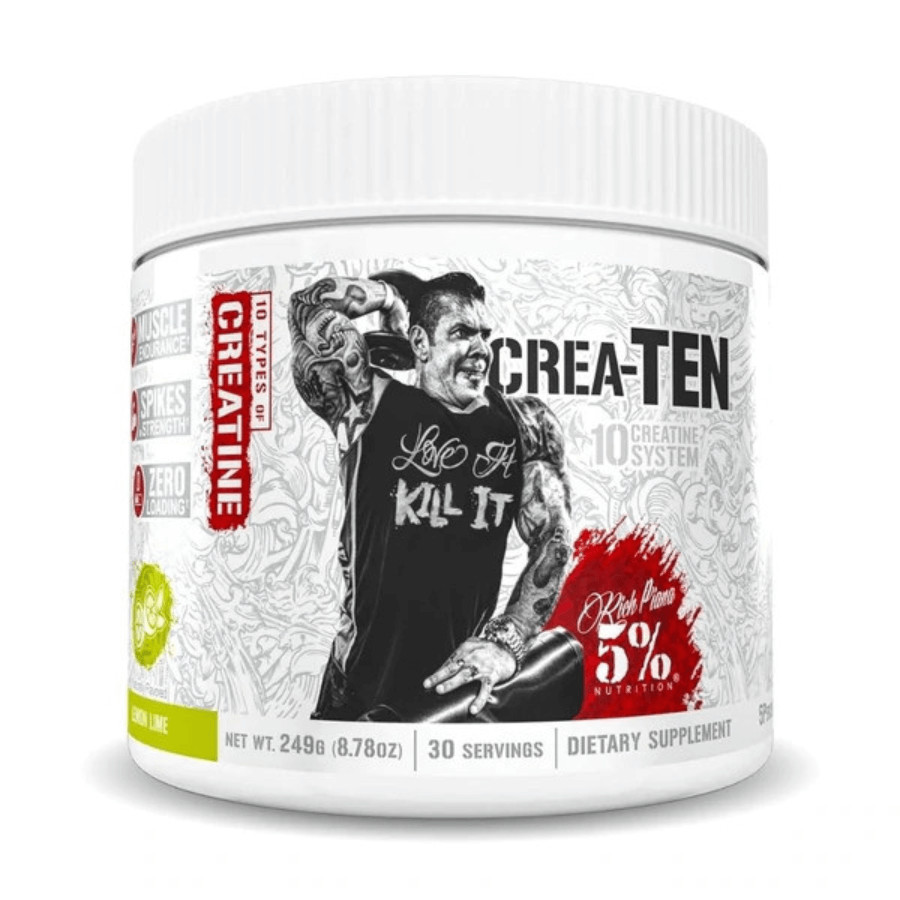
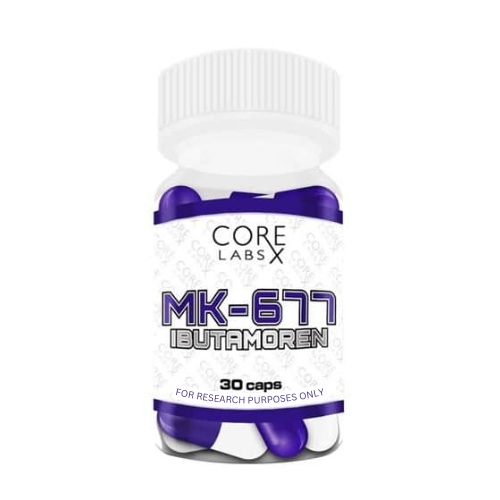
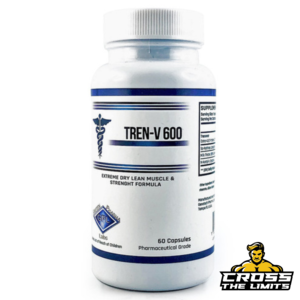
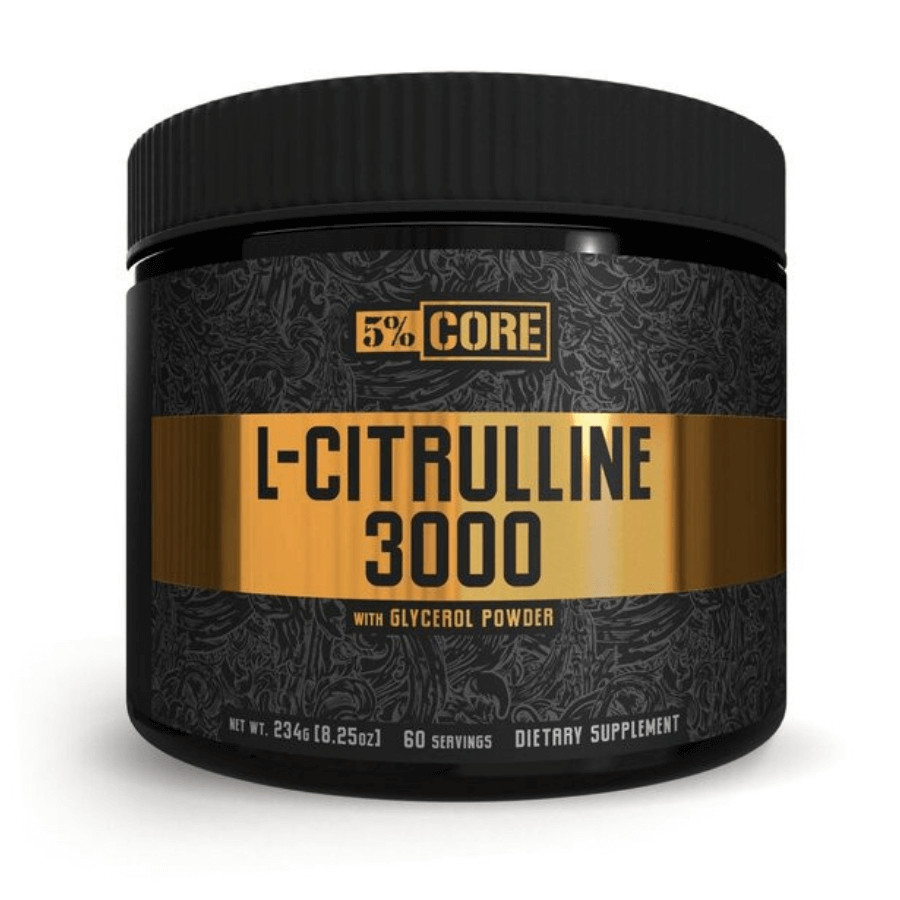

 Therefore, there is no point in wondering and constantly calculating how many vitamins you actually take. Instead, rely on supplementing your diet with appropriate supplements, which will be the best support for your body’s immunity. This is particularly important during the period of falling ill, e.g., with flu or cold. Supplements for exemption can be taken at this time prophylactically or to heal faster from the infection.
Therefore, there is no point in wondering and constantly calculating how many vitamins you actually take. Instead, rely on supplementing your diet with appropriate supplements, which will be the best support for your body’s immunity. This is particularly important during the period of falling ill, e.g., with flu or cold. Supplements for exemption can be taken at this time prophylactically or to heal faster from the infection.


